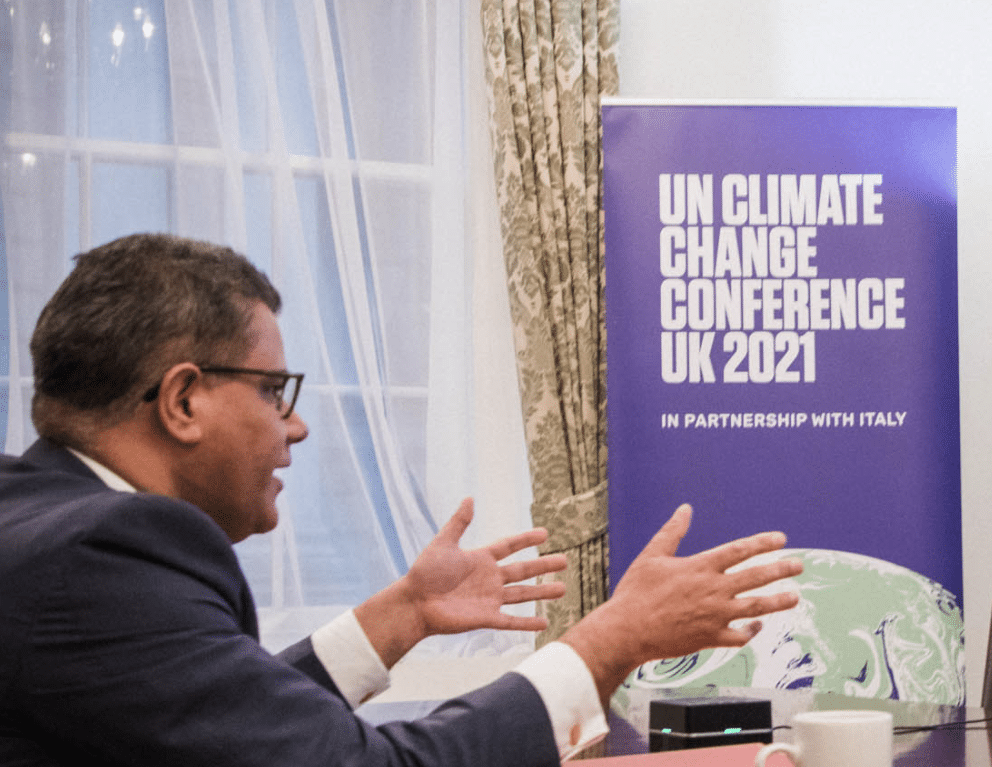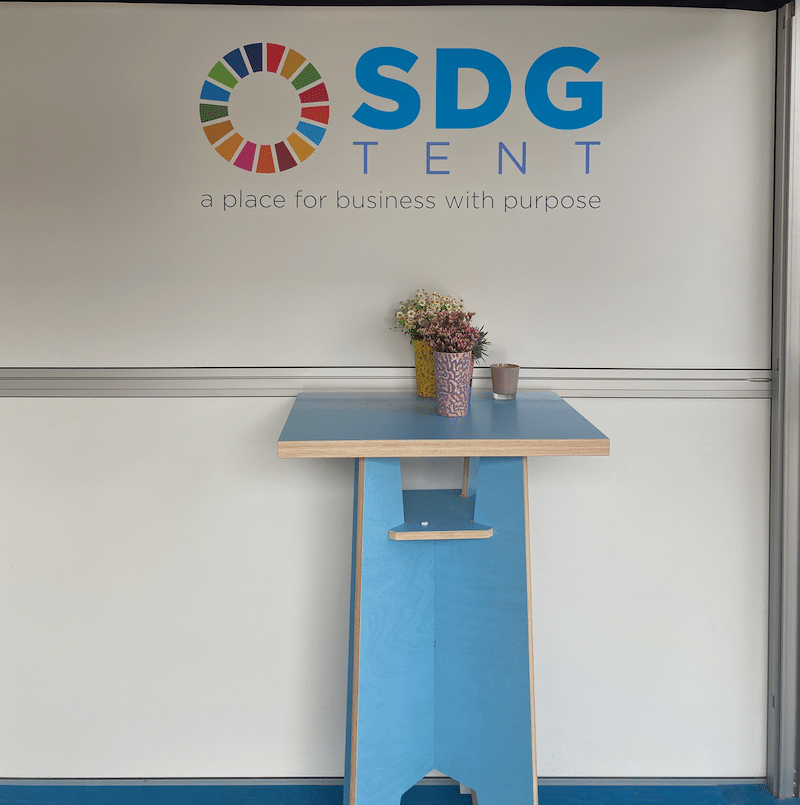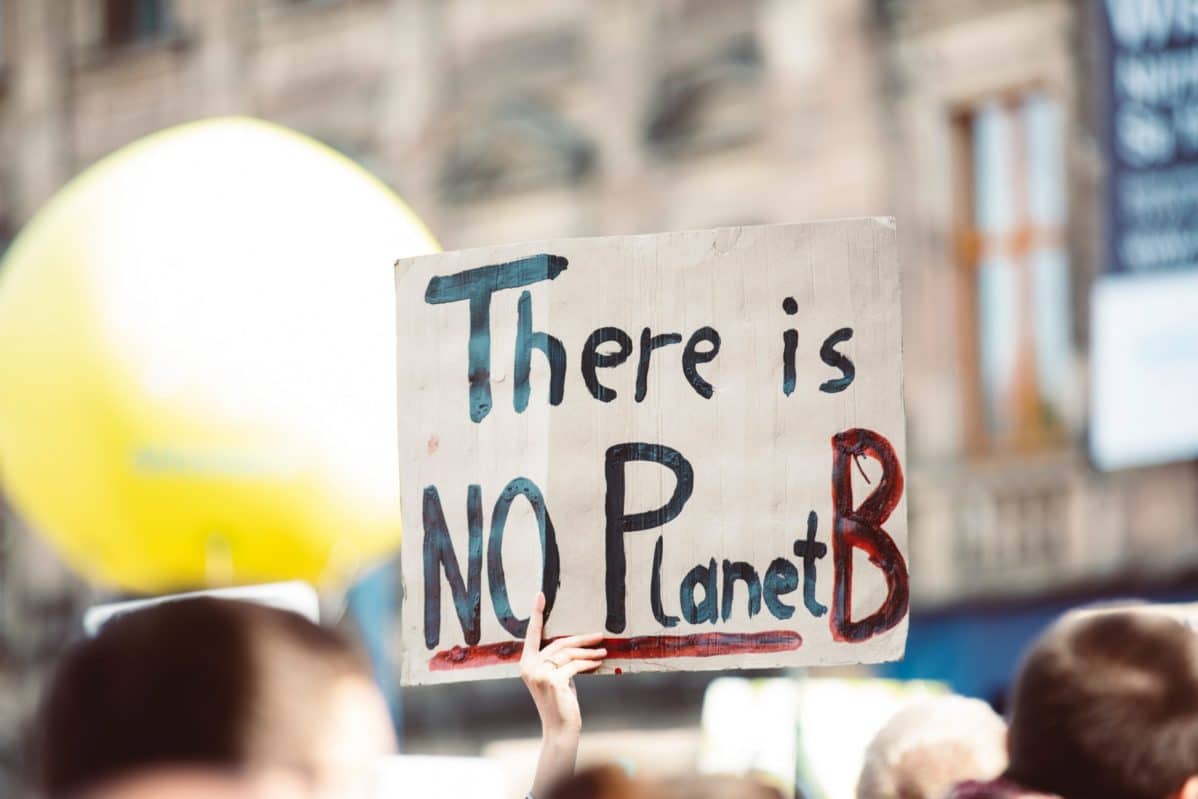A net-zero world economy by 2050 means more than the decarbonization of electricity production. In order to successfully mitigate rising temperatures by mid-century, as sought by signatories of the Paris Agreement, the world’s economies must “go beyond the power grid” and rapidly decarbonize various other industries and sectors as well, including heating and transportation, through a plethora of technologies.
According to Our World in Data, approximately 73% of the world’s greenhouse gas emissions comes from energy usage for industrial applications, heating and electrifying buildings, and powering transportation. Carbon-free nuclear energy technologies must be a part of this economy-wide effort to rapidly decarbonize various industries and sectors through the deployment of small modular reactors, advanced reactors and micro-reactors.
Future nuclear applications include co-generating industrial heat process and electricity for manufacturing and space heating, hydrogen production and desalination, or the production of drinkable water from seawater. According to the International Atomic Energy Agency, “Only nuclear reactors are capable of delivering the copious quantities of energy required for large-scale desalination project.”
John Kerry, U.S. Special Presidential Envoy for Climate, met recently with British Prime Minister Boris Johnson and President-Designate of the 26th Conference of the Parties (COP26) to the UN Framework Convention on Climate Change Alok Sharma.
“Our countries are fully committed to achieving net zero greenhouse gas emissions no later than 2050,” said Kerry and Sharma in a joint statement. “We urge all countries to take the steps needed to keep a 1.5 degree C temperature limit within reach, including through ambitious nationally determined contributions and long-term strategies to cut emissions and reach net zero.”
The development of industry-led private-public partnerships can help meet these clean air targets through the deployment of next-generation nuclear technologies in developed and developing economies. Kerry, Sharma and the rest of the COP26 participants must enable these partnerships and include new nuclear energy if they are to be taken seriously at their word that they seek “to scale up finance and private investment for both mitigation and adaptation.”
To scale up this investment and meet net-zero emissions goals, the U.S. government and other world leaders must go beyond simple rhetoric and start taking action to foster clean energy technologies like advanced nuclear. Allied Nuclear is creating alternatives for sovereign wealth funds, corporations and family offices that are being forced to divest or invest based on climate change concerns. The divestiture movement represents $14.1 trillion in combined assets. It requires new ways of doing business to fulfill specific objectives and help partnering entities define and mitigate risk. To attract more diverse investment into complex projects, IP3’s Allied Nuclear framework creates value through the integration of activities. A focus on the ecosystem impacts links successes throughout a supply chain. The world’s future depends on taking this action now and letting industry, including Allied Nuclear and our industry-leading partners, take the lead in clean energy development.






